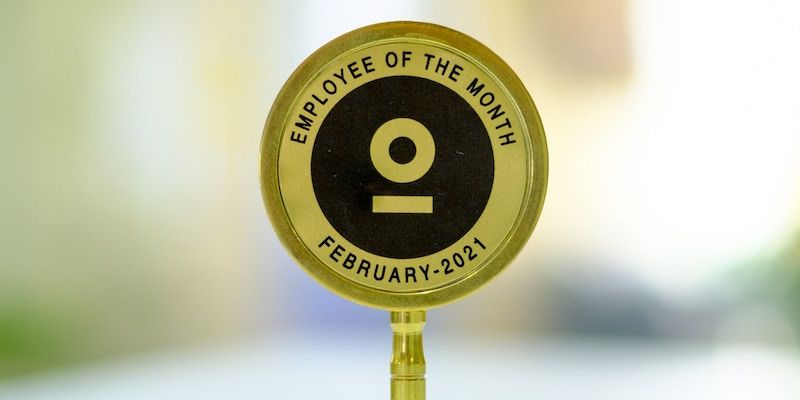Positive Workplace
Articles about positive psychology at the workplace. How to stay happy, energized and self-determined at work according to scientific research.

Company Culture: How to Create a Flourishing Workplace
Company culture has become a buzzword, particularly in the post-COVID era, with more organizations recognizing the critical importance of a healthy workplace. During the Great [...]

Integrity in the Workplace (What It Is & Why It’s Important)
Integrity in the workplace matters. In fact, integrity is often viewed as one of the most important and highly sought-after characteristics of both employees and [...]

Neurodiversity in the Workplace: A Strengths-Based Approach
Promoting diversity, equity, and inclusion (DEI) in the workplace is a priority for ethical employers who want to optimize productivity and leverage the full potential [...]

A Leadership Guide to Diversity & Inclusion in the Workplace
Establishing a diverse, equitable, and inclusive workplace is a moral and strategic imperative that should propel DEI efforts to the top of organizations’ to-do lists. [...]

How to Build Your Workplace Wellness Program
Opinion and research are clear. Workplace wellness is vital to employee wellbeing and the efficiency of company operations (Forbes, 2020; Jones, Molitor, & Reif, 2018). [...]

How to Improve Employee Retention With Wellbeing Programs
Recently there has been a major uptrend in annual employee turnover, with 35% of the UK workforce and 47% of the US workforce leaving annually [...]

Employee Recognition: How to Motivate and Reward Your Team
If you take good care of your employees, they will take good care of your clients. Likewise, if you care for your workers, they will [...]

Employee Engagement: Using Positive Psychology Strategically
Only 32% of US employees feel engaged at work, and worryingly only 23% of the global workforce feel engaged (Gallup, 2022b). A lack of employee [...]

14 Conflict Resolution Strategies for the Workplace
Life is full of lessons, an ongoing masterclass in the human condition. One lesson common to humanity is how to negotiate conflict skillfully. In a [...]

Workplace Bullying: 24 Examples & Ideas to Support Adults
Few, if any, reasonable adults expect to be bullied after school, but that’s exactly what is happening in the workplace. According to Dr. Gary Namie [...]
